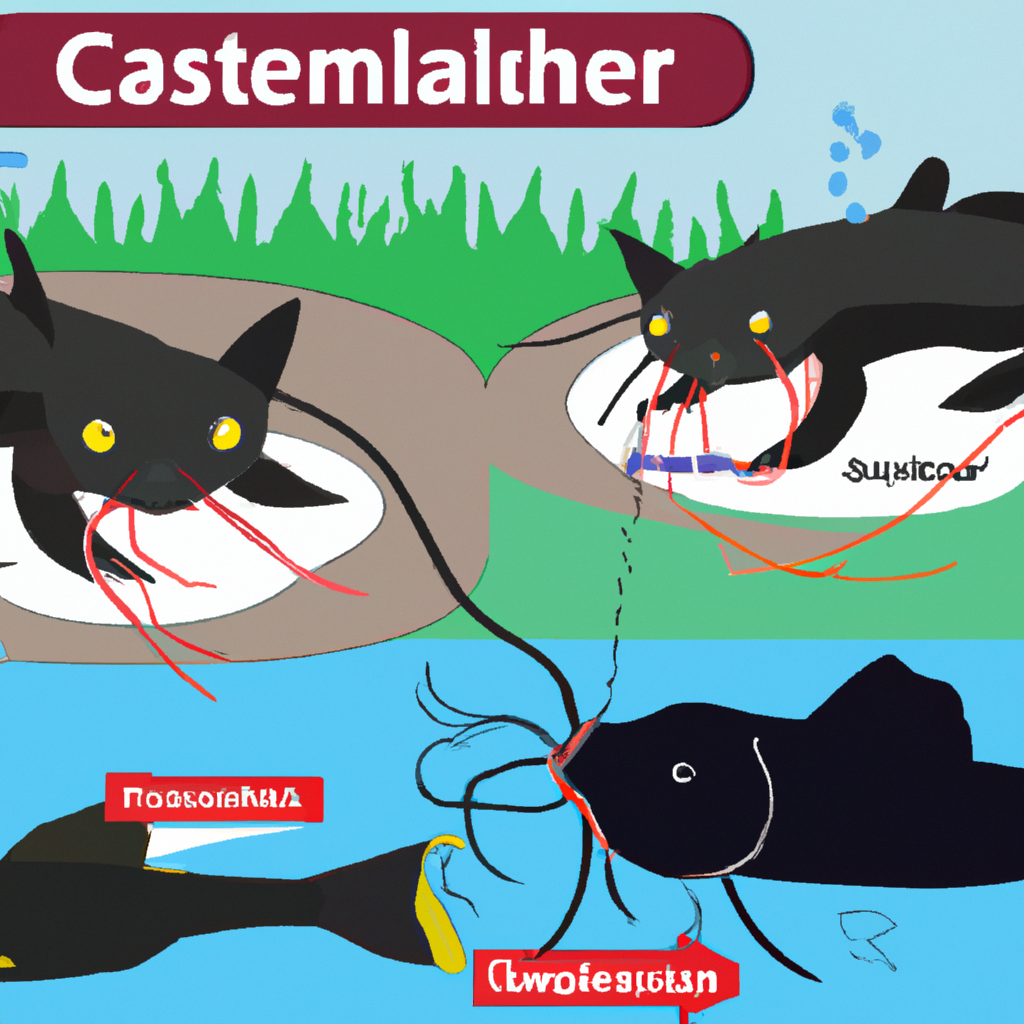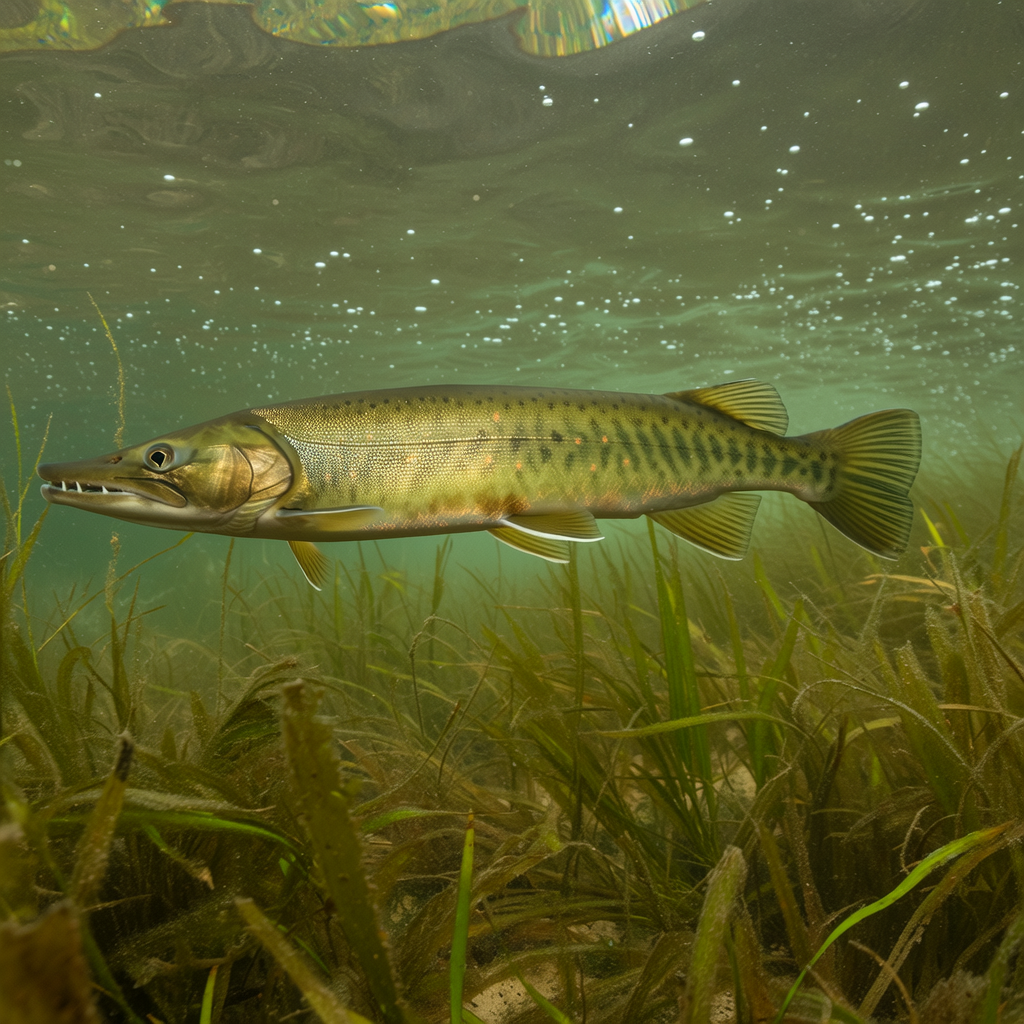https://www.youtube.com/watch?v=SY9PDPfJ-zg
Introduction
Saltwater catfish is the name given to fish species found in marine water worldwide. These catfish are known for their unique appearance with long whiskers or barbels around the mouth. These catfish are also known for their ability of surviving in different environmental conditions. Saltwater catfish play a major role in the marine ecosystem. Commercial and recreational fishing is common for these species. In this article we will explore the behavior, habits, and importance associated with saltwater catfish.
Behavior and Biology
The family Ariidae includes over 145 species of saltwater catfish. The catfish has elongated body, and its skin is covered with smooth mucus. This protects them from parasites. Saltwater catfish can be found in a variety of ecosystems including intertidal zones, estuaries and coral reefs. These fish have a unique adaptation which allows them to breath air. They have a modified swimming bladder that can function as a lung. This allows them to survive in environments with low oxygen levels, such as shallow water or at low tide. Saltwater catfish have a keen smell and taste that they use to find prey in murky waters.
Feeding Habits
Saltwater catfish will eat almost anything. Their diet consists of small crustaceans and mollusks. They also eat fish and plant material. They are nocturnal eaters and their feeding habits change depending on the time. During the day they hide in the sand, or under rocks. At night, they come out and search for food.
Reproduction and Growth
Saltwater catfish lay eggs which hatch into larvae. The eggs are usually laid in nests built by the male catfish. The male catfish guards the eggs and protects them until they hatch. The larvae remain in the nest until they are able to swim and survive on their own. Saltwater catfish may grow to a length of two feet, depending on species.
Ecosystems are important
Saltwater catfish are important in the marine eco-system, especially in estuaries and swamps. They are vital in controlling the population of small mollusks and crustaceans that could otherwise overrun this habitat. These catfish species also serve as a prey for larger predators such as sharks and large crocodiles.
Commercial and Recreational Fishing
Both commercial and recreational fisherman love saltwater catfish. They are caught with a rod and a reel, baited snares, and traps. These catfish are prized for the delicate flavor of their meat and texture. Commercially, saltwater cats are sold in local markets. Recreationally, they are caught, but released.
The Dangers Of Overfishing
Overfishing saltwater catfish can have a significant impact on the marine ecosystem. These catfish are important in the food chain and their disappearance could have a ripple affect on the ecosystem. Overfishing may lead to a decline of their population, which can affect the livelihoods and economic losses of local fishermen. It is therefore essential to manage their harvest in a way that ensures their continued survival.
Conservation Efforts
To protect the saltwater catfish population, several conservation measures have been implemented. These include the regulation and enforcement of fishing practices such as bag limits, restrictions on size, and closed season. The creation of marine protected zones and the restoration of habitats such as mangroves and estuaries have also proven to be successful in promoting conservation.
Conclusion
Saltwater catfish is an important part of marine eco-systems around the world. They are a fascinating subject to study because of their unique behavior, biology and importance for the ecosystem. To ensure their survival, commercial and recreational fishing must be done in a sustainable manner. It is important to maintain a delicate equilibrium between using these resources while preserving the environment and species within it.




